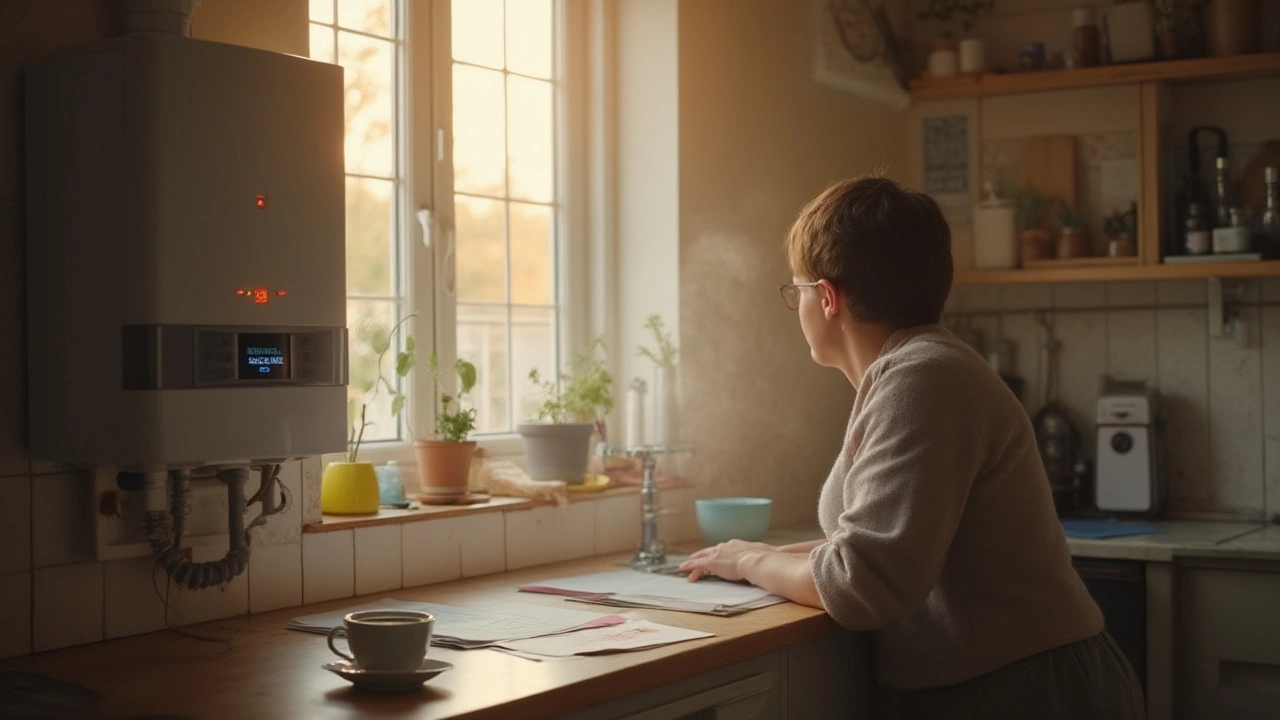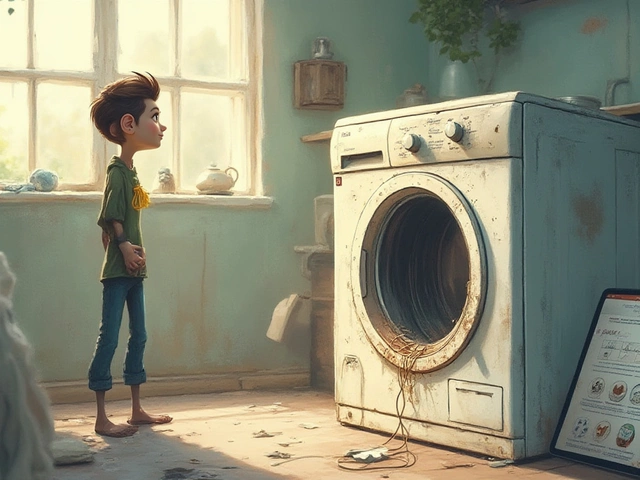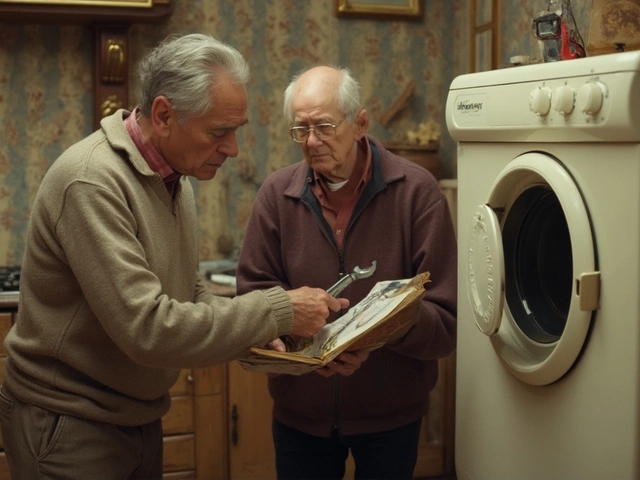If your boiler starts acting up, it’s not just an inconvenience – it can turn into a big safety and money problem. The good news is you can catch most issues early by watching for a few tell‑tale signs. Below we’ll walk through the most common warnings, explain what they usually mean, and give you a clear plan of action.
Strange noises. If you hear banging, whistling, or rattling, the heat exchanger or pump could be building up pressure or air pockets. Ignoring these sounds often leads to cracked parts and expensive repairs.
Cold water coming out of radiators. When the radiators stay chilly even though the thermostat is set high, it could be low water pressure, a blocked valve, or a failing thermostat. Checking the pressure gauge on the boiler (usually 1-1.5 bar) is a quick first step.
Leaks. Any water pooling around the boiler, pipework, or on the floor is a red flag. Leaks often point to a corroded pipe, a cracked heat exchanger, or a loose connection. Even a small drip can cause rust and bigger failures if left unchecked.
Yellow or flickering flames. Gas boilers should have a steady blue flame. Yellow or sputtering flames mean the gas isn’t burning cleanly, which can produce carbon monoxide – a serious health risk.
Unusual smells. A burnt or metallic odor suggests overheating or electrical problems. A sweet, rotten‑egg smell signals a possible gas leak. Both need immediate professional attention.
First, turn off the boiler if you see any of the high‑risk signs – especially leaks, strange smells, or yellow flames. Safety comes first. Next, check the simple things you can do yourself: verify the pressure gauge, bleed any radiators that feel cold, and make sure the thermostat is set correctly. Most boilers have a reset button; a quick press can clear a minor fault, but if the issue returns, it’s a sign you need a tech.
If the problem persists, call a Gas Safe registered engineer. They can run a thorough inspection, test for carbon monoxide, and fix internal faults you can’t see. While waiting for the professional, keep the heating off to prevent further damage. Use portable heaters if you need warmth, but never try to patch a leak with tape or adhesives – those are temporary at best and can make the problem worse.
Regular maintenance is the best defense. Scheduling an annual service keeps the boiler clean, checks the safety valve, and catches early wear before it turns into a breakdown. Most services include a pressure check, combustion analysis, and a quick visual inspection of all components.
Remember, a well‑maintained boiler not only saves you money but also keeps your home safe from gas leaks and carbon monoxide. When you hear that bang, see that drip, or smell that odd odor, treat it as a warning, not just a nuisance.
By staying alert to these warning signs and acting quickly, you’ll enjoy reliable heat all winter long and avoid the stress of a sudden boiler failure.

Discover when to worry about your boiler, warning signs to watch, and smart tips for safe use. Get practical advice to avoid major boiler headaches.

Find out when repairing your dryer isn’t the smart move. Learn real signs, safety warnings, and how to choose between fixing and just getting a new one.

Wondering if fixing your tumble dryer makes sense? This article dives into crucial considerations like repair costs, common issues, and when to replace. Avoid costly mistakes by learning signs that scream 'repair!' or 'replace!' Smart tips help you make the right decision for your dryer woes.

Learn the warning signs of a failing water heater and get practical tips for repair and maintenance to prevent costly breakdowns and keep your hot water system running safely.

Thinking of tackling an extractor fan installation on your own? Doing it yourself can be a rewarding project if you have the right tools and know-how. This guide breaks down the process into manageable steps, explains what to watch out for, and offers practical tips to avoid common pitfalls. You'll learn when it makes sense to go DIY and when you might need to call in a pro.

Figuring out whether to repair or replace a 10-year-old range can save money and hassle. This article explores cost considerations, common issues, and when to opt for repair versus replacement. Additionally, discover maintenance tips to extend your range’s life. Make informed decisions with a detailed look into repair pros and cons. Navigate the world of kitchen appliances with confidence.